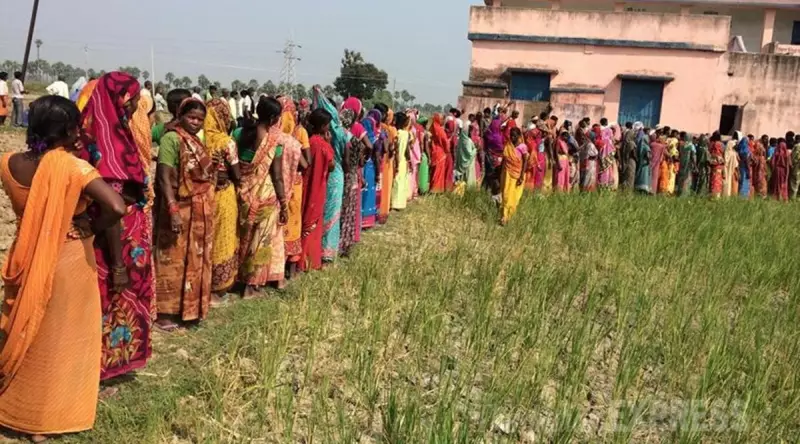
In a remarkable transformation that's capturing national attention, Bihar is emerging as an unexpected pioneer in maternal welfare and feminist democracy. The state's innovative approach to women's healthcare is rewriting the narrative about development and gender equality in India.
The Silent Revolution in Women's Healthcare
Bihar's journey from being one of India's most challenging states for maternal health to becoming a model of progressive policy is nothing short of extraordinary. Through a combination of grassroots initiatives and government schemes, the state has created an ecosystem where women's health and economic empowerment go hand in hand.
Jeevika: The Game-Changer Program
At the heart of this transformation lies the Jeevika program, which has mobilized over 12 million women into self-help groups. This isn't just about economic empowerment—it's about creating a support system where women can access healthcare, share information, and collectively address maternal health challenges.
The results speak for themselves: increased institutional deliveries, better prenatal care access, and a growing awareness about maternal nutrition and healthcare rights among rural women.
Beyond Statistics: Real Women, Real Change
What makes Bihar's model particularly compelling is how it integrates maternal welfare with broader democratic participation. Women who once had limited voice in household decisions are now actively participating in local governance and health committee meetings.
The Three Pillars of Success
- Community Ownership: Local women leading health initiatives creates sustainable change
- Economic Independence: Financial empowerment enabling better healthcare choices
- Digital Integration: Technology bridging information gaps in remote areas
A Template for Feminist Democracy
Bihar's experience demonstrates that feminist democracy isn't just about political representation—it's about creating systems where women's health and wellbeing become central to development goals. The state's model shows how maternal welfare can serve as an entry point for broader gender equality.
The success in Bihar challenges other Indian states to rethink their approach to women's healthcare and economic empowerment. It proves that even in resource-constrained environments, meaningful change is possible when women are placed at the center of policy design.
The Road Ahead
While significant progress has been made, the journey continues. Scaling these initiatives, addressing regional disparities, and ensuring sustainable funding remain crucial challenges. However, Bihar has laid the foundation for what could become India's most significant feminist democracy movement.
As other states look to replicate this success, Bihar's maternal welfare revolution offers valuable lessons in combining grassroots mobilization with government support to create lasting change for women across India.





